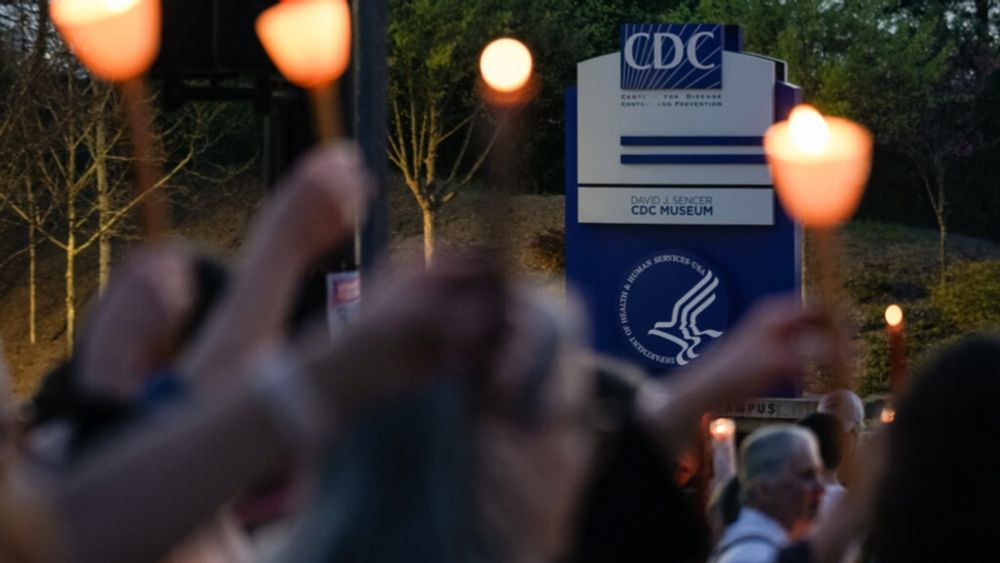Francisco De La Vega
@ribozyme.bsky.social
430 followers
510 following
220 posts
Geneticist & Computational Biologist. CTO at life sciences company. Adjunct Professor at Stanford DBDS. All opinions are my own.
Posts
Media
Videos
Starter Packs
Reposted by Francisco De La Vega
Reposted by Francisco De La Vega
Reposted by Francisco De La Vega
Reposted by Francisco De La Vega
Reposted by Francisco De La Vega
Reposted by Francisco De La Vega
Reposted by Francisco De La Vega
Reposted by Francisco De La Vega
Reposted by Francisco De La Vega
Reposted by Francisco De La Vega
Reposted by Francisco De La Vega












